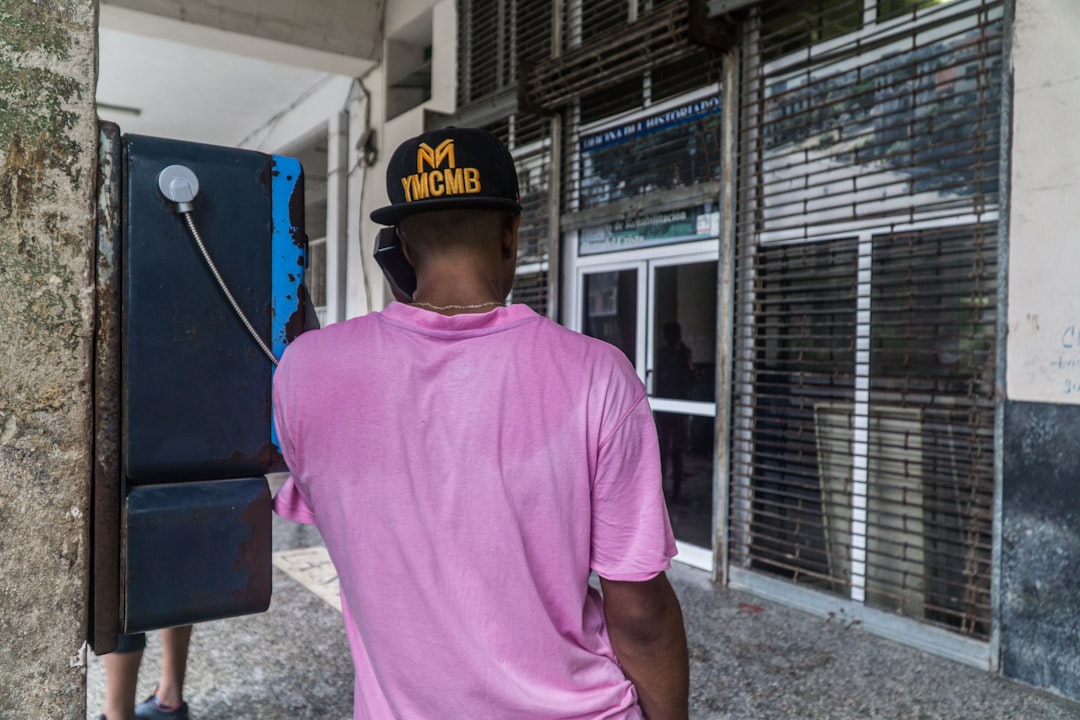The Telemarketing Consumer Protection Act (TCPA) and its state-specific extension, TCPA South Dakota, regulate telemarketing practices in the US, including South Dakota. These laws prohibit businesses from making automated or prerecorded calls without explicit consumer consent, protecting residents from unwanted phone marketing. Compliance involves obtaining prior written permission, implementing do-not-call mechanisms, and adhering to specific call scripts, with severe penalties for violations, including individual lawsuits and state fines. Understanding TCPA South Dakota guidelines is vital for businesses to maintain legal integrity and respect consumer privacy rights.
“Explore Madison’s comprehensive guide to navigating South Dakota’s robocall laws, grounded firmly in the Telecommunications Consumer Protection Act (TCPA). This article illuminates the TCPA’s pivotal role in shielding South Dakota consumers from unwanted automated calls. We delve into who these regulations protect, the specific types of robocalls they cover, compliance strategies, and severe consequences for violations. Understanding these guidelines is essential for businesses to avoid legal pitfalls and respect their customers’ privacy.”
Understanding the TCPA and Its Relevance in South Dakota

The Telemarketing Consumer Protection Act (TCPA) is a federal law that plays a pivotal role in regulating telemarketing practices across the United States, including South Dakota. This legislation was established to protect consumers from unwanted phone calls, ensuring their privacy and peace of mind. In the context of South Dakota, the TCPA sets guidelines for businesses engaging in robocalls, automatic telephone dialing systems (ATDS), or prerecorded messages.
South Dakota has adopted the TCPA as its legal framework, meaning that both businesses and residents are subject to these rules. Understanding the TCPA is essential for companies looking to comply with local regulations and avoid potential penalties. Businesses must obtain explicit consent from recipients before making automated calls, ensuring they have the right to do so. This law covers various forms of communication, including live operators and recorded messages, emphasizing the need for responsible telemarketing practices in the state.
Who Does the TCPA Protect? Consumers and Their Rights

The Telephone Consumer Protection Act (TCPA) is a federal law designed to protect consumers from unwanted phone calls, specifically automated or prerecorded messages, and telemarketing calls. In South Dakota, the state has its own regulations that complement the TCPA, ensuring residents’ privacy and peace of mind.
Under the TCPA, consumers have the right to refuse receipt of such calls. They can opt-out by following specific procedures outlined in the law, including providing a clear and unambiguous disclaimer during the call or by registering their number on the National Do Not Call Registry. Consumers are also protected from calls made with an automatic dialing system or prerecorded messages without their prior express consent. This means that businesses must obtain explicit permission before making such calls, ensuring compliance with both federal and state laws (TCPA South Dakota).
What Types of Robocalls Are Regulated by the TCPA?

The Telephone Consumer Protection Act (TCPA) is a federal law designed to curb unwanted telemarketing practices, and it extends its regulations to various types of robocalls. In South Dakota, as in many other states, specific provisions target automated calls for marketing or promotional purposes. This includes calls using prerecorded messages, artificial voices, or automated dialers, often referred to as “robocalls.” The TCPA prohibits these calls from occurring without prior express consent from the recipient.
The law distinguishes between robocalls made for marketing and those initiated for non-marketing purposes, such as emergency notifications or surveys. In the context of South Dakota’s robocall laws, compliance with the TCPA is crucial for businesses and organizations making automated marketing calls to residents within the state. Understanding these regulations is essential to ensure adherence to legal requirements and respect for consumers’ privacy rights.
How to Comply with South Dakota's Robocall Laws

To comply with South Dakota’s robocall laws, as governed by the Telephone Consumer Protection Act (TCPA), businesses and organizations must adhere to specific guidelines when making automated telephone calls. First, obtain prior express written consent from recipients before initiating any robotic or prerecorded calls. This means that clear and explicit permission should be sought through a signed agreement or other documented form of consent. Additionally, ensure that your call scripts are compliant with state laws, including the content and timing of messages, to avoid any legal repercussions.
Implementing robust do-not-call mechanisms is another vital step. Provide recipients with an easy way to opt-out of future calls, such as a simple “hang-up” or a dedicated opt-out line. Regularly maintain and update your call lists to remove any telephone numbers that have been opted out, ensuring compliance with the TCPA’s strict regulations.
The Impact of Violating TCPA Regulations in South Dakota

Violating TCPA regulations in South Dakota can have significant consequences for businesses and individuals alike. The Telephone Consumer Protection Act (TCPA) is a federal law designed to protect consumers from unwanted telemarketing calls, including automated or prerecorded messages. When these rules are broken, it can result in substantial financial penalties for the offenders.
In South Dakota, as with many states, residents have the right to refuse receipt of such calls, and companies must obtain explicit consent before initiating any marketing calls. Unwanted or unauthorized robocalls can lead to legal action, including individual lawsuits that may incur damages as high as $500 per violation. Moreover, businesses could face additional fines imposed by state authorities for each TCPA breach.






